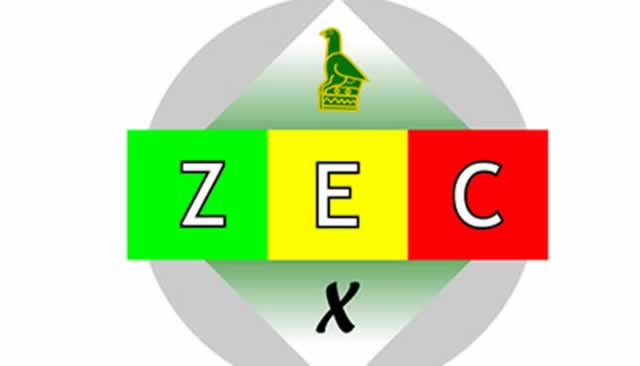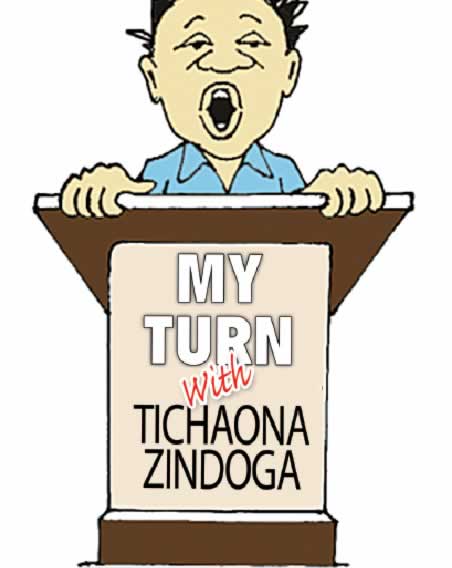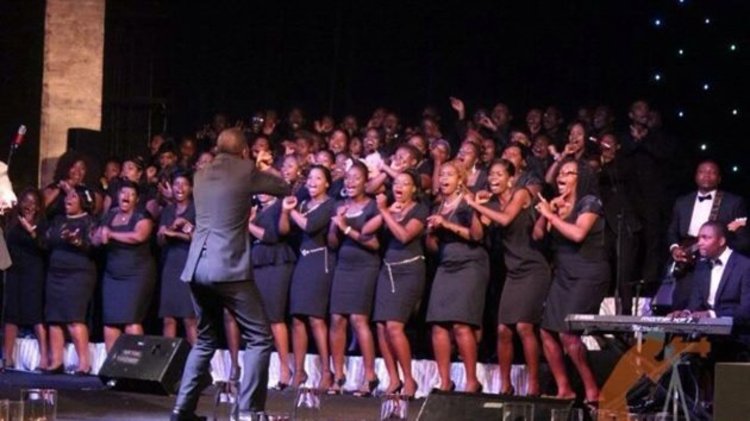Where is the ‘Zimbolicious Poetry Anthology’?


The cover of the book ‘“Zimbolicious Poetry Anthology”
Beaven Tapureta Bookshelf
In August last year or thereabouts, a multilingual anthology of Zimbabwean poets titled “Zimbolicious Poetry Anthology” (2016, Royalty Publishing, US) was announced on local radio and social media.
This was “delicious” news for local poets and readers as the anthology covered some of the sixteen officially recognised languages such as English, Shona, Tonga, Chibarwe, and also crosses the generational boundaries. It is also so inclusive that it carries poets based in and outside the country, old and young, well-known and those not yet popular.
While this “Zimbolicious Poetry Anthology” was indeed an excellent project, one cannot help asking: where is the book, when is the book launch?
Compiled and edited by two young Zimbabwean poets Tendai R Mwanaka and Edward Dzonze, the anthology includes known poets (and/or writers) such as Emmanuel Sigauke, Tinashe Muchuri, Mbizo Chirasha, Cosmos Mairosi, John Eppel, Catherine Magodo Mutukwa, David Mungoshi, Ivor W Hartmann and others.
A similar project was once hatched by Writers International Network Zimbabwe (WINZ), a local writers’ organisation, in 2014 in which it called for poems from aspiring poets writing in English, Shona, Ndebele and Tonga. The WINZ project was called the “4 in 1” Poetry Anthology but it was nipped in the bud due to funding challenges and low submission in Tonga and Ndebele poems.
Now hearing about the “Zimbolicious Poetry Anthology” having been successfully completed last year was satisfying as there have never been many such local projects in the past. Bookshelf has been holding on to its “e-copy” of the Zimbolicious anthology in anticipation of a print edition or rather the wholesome arrival of the anthology in the land. Whether the featured poets have their own personal print copies or the book is making news in the American bookstores nobody knows!
Furthermore, what makes this anthology a little “dubious” is the case of one of the poets who says he heard via the local radio announcement that his poems were part of the anthology without him having granted editors permission to publish them.
When he raised the issue, his work was withdrawn from the anthology and now it doesn’t appear in the copy Bookshelf has.
How can an anthology shining with established literary names like John Eppel, David Mungoshi, Emmanuel Sigauke and others, not seem to be making rounds in the local poetry arena?
In spite of all these unanswered questions, the “Zimbolicious Poetry Anthology” stimulates with voices taking turns to explore different issues.
“‘Zimbolicious Poetry Anthology’ has 89 poems and translations in Shona, English, Tonga and Chibarwe from 32 poets and translators, tackling issues to do with poetry, writing in general, art, place, identity, tradition, struggle, collective understanding, the individual, human rights and love,” explain the editors in the preface.
Interesting is how the editors also capture the origin of the word “Zimbolicious” which they say was first coined in the 90s by musician Prince Tendai Mupfurutsa to describe a beautiful Zimbabwean girl.
However, the word has been used in various contexts. In the foreword, it is said Flora Veit Wild, a German literary critic, biographer and essayist, once used the word on the basis that it captures “the creative energy arising from the mix of languages – ‘the delicious pie’, as South African poet Ike Mboneni Muila calls it, in which ‘languages (take) the place of cake flour’”.
“It is the beauty and deliciousness of Zimbabwe’s poetry that we offer in this anthology,” say the editors.
As for the translations, it is either poet translates own poem or someone does it but poems in Shona, Tonga or Chibarwe are sadly deficient in quantity, making the anthology imbalanced as English still rules it.
There are only two poems by Jeffrey Muleya in the anthology which are representative of the Tonga language.
The few poems translated from English into indigenous languages or vice versa make it easy for readers unfamiliar with the language to understand the meaning of the poem.
Jeffrey Muleya, who is also a reverend hailing from Binga, provides the beautiful Tonga linguistic rhythms in his poems “Omunene Kofwa Bweeme!” and “Noone Wangu” which he also translates into English.
Muleya, a member of WINZ just as some of the poets in the anthology, must indeed be acknowledged for promoting the Tonga language in Zimbabwe.
In 2012, he initiated a column “Rhythms of Tonga Drums” on WINZ award-winning blog (also defined as a shared online journal).
Simple research tells us his poem “Omunene Kofwa Bweeme!” initially appeared in this online column in 2013 but Zimbolicious editors do not or poet Muleya does not accredit that!
The editors are published authors and have poems in the anthology as well. Tendai Rinos Mwanaka is a multi-disciplinary writer, scholar and artist from Zimbabwe.
Edward Dzonze, 26, is a “self-made poetry critic and finds his purpose in life through playing around with words”.








Comments